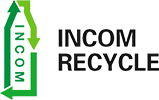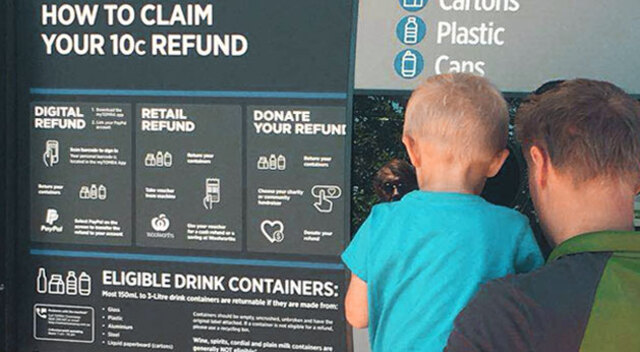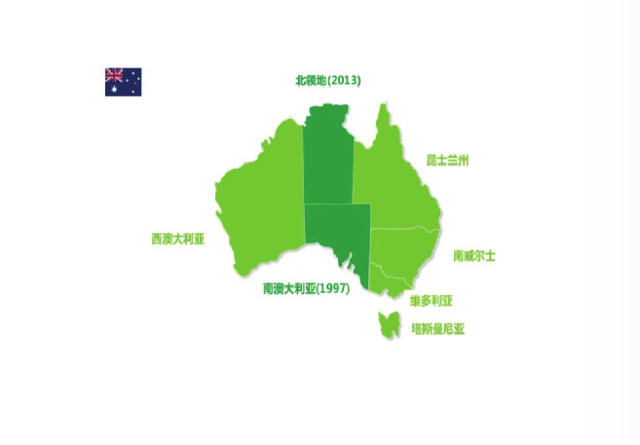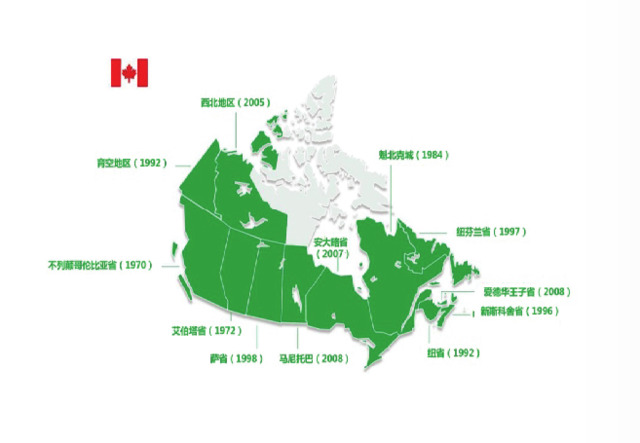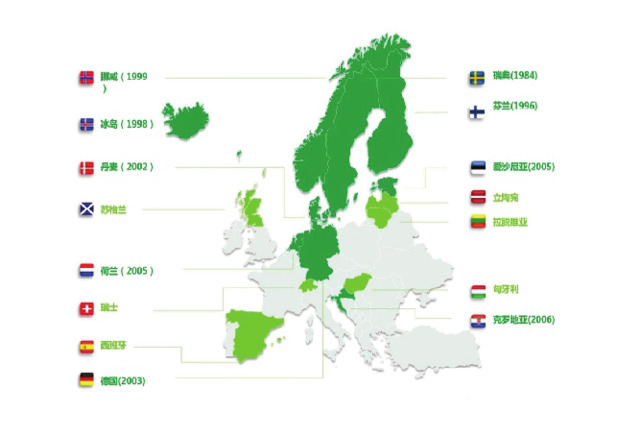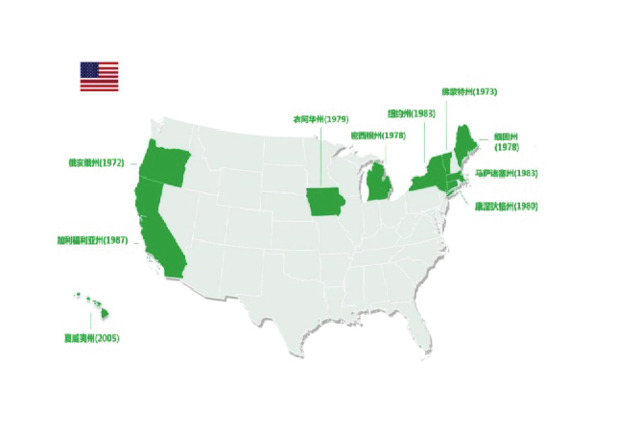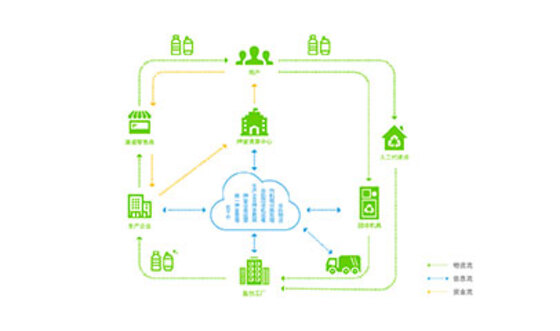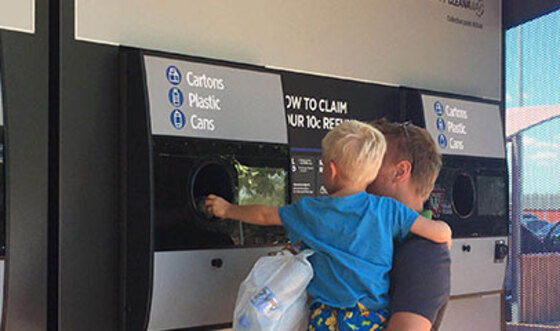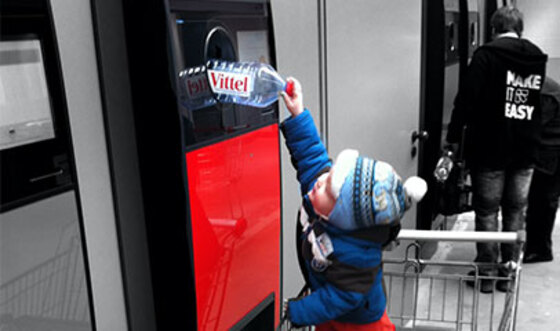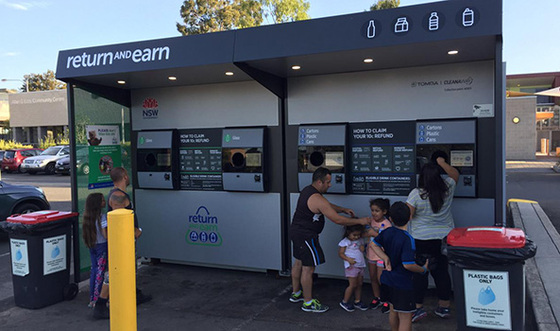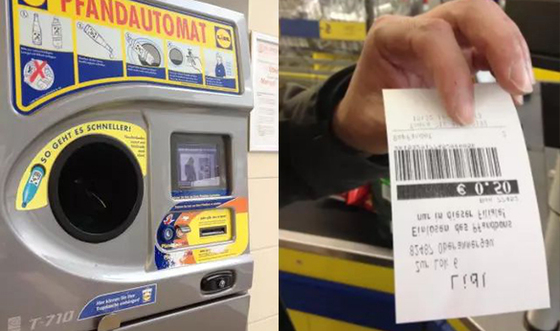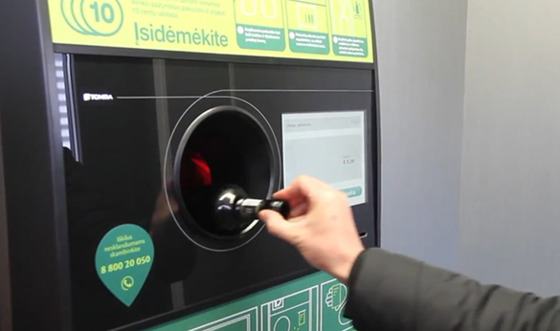-


-
Extended Producer Responsibility System (EPR)
Extending producers’ responsibilities to the entire life cycle of products, stipulating that producers shall bear the responsibilities for collection, recycling and disposal of products after use (product abandonment stage), so that the producers shall be liable for recycling or disposal of its products. Including: deposit system, fun system, green dot system and so on. From the global experience, disposable standard deposit system is the most effective way.
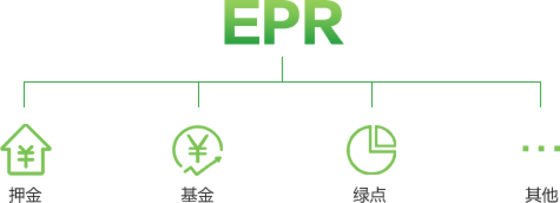
deposit system
Deposit system, as a reflection of extending producers’ responsibilities, refers to a system that requires the collection of a monetary deposit on beverage containers at the point of sale. When the container is returned to an authorized deposit center, the deposit is partly or fully refunded to the redeemer (presumed to be the original purchaser).
INCOM’s design, construction and operation of deposit recycling system in China
Based on the advanced foreign experience and domestic actual situation, INCOM innovatively proposes a deposit system adapted to China's national conditions.
